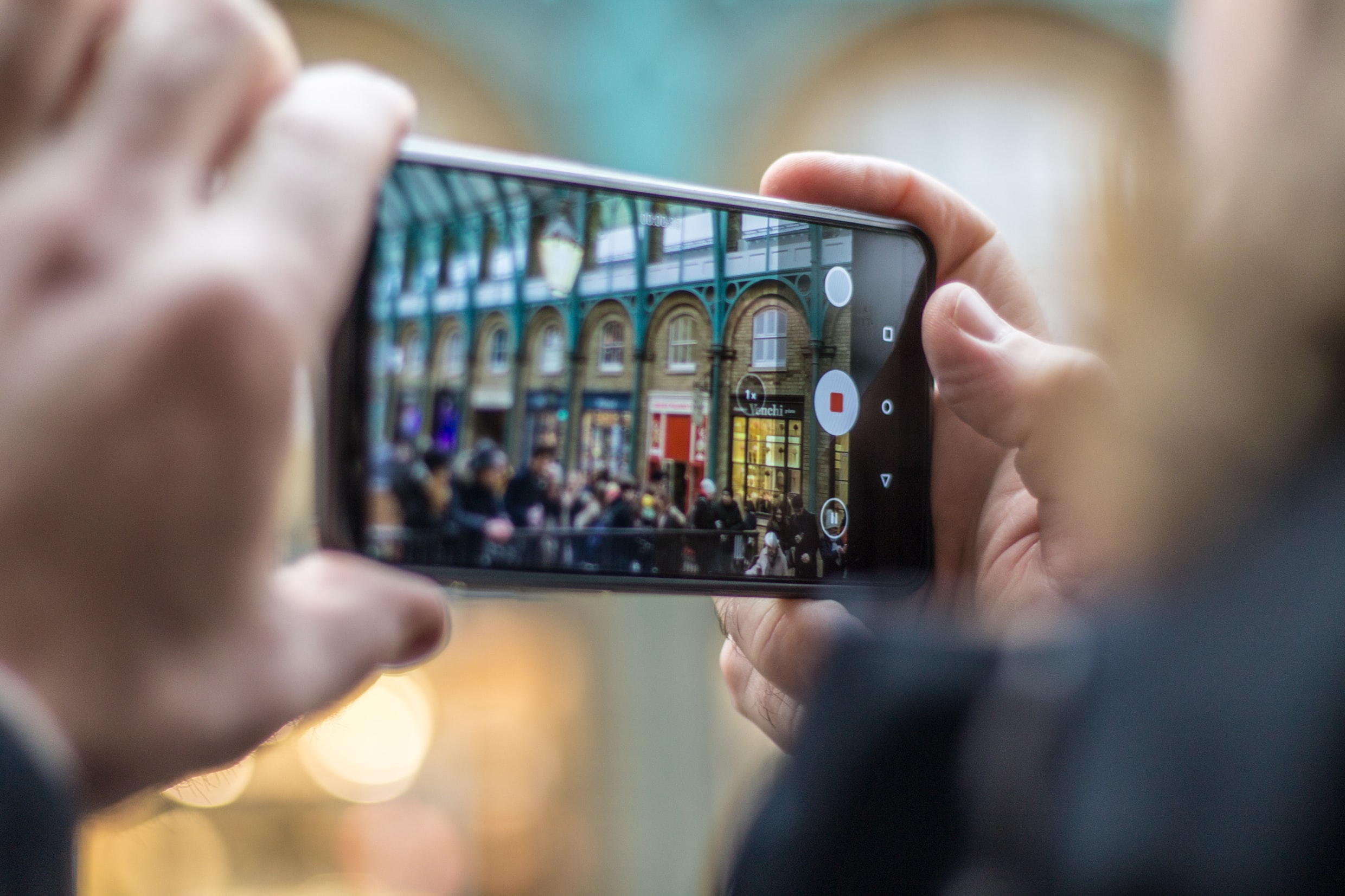Siamack is the founder of EthOS, a mobile ethnography tool. In this video, he provides 3 tips on how to conduct a mobile ethnography study.
Video Transcription:
You know, I see a lot of people make a lot of mistakes doing mobile ethnography. Partly because they treat it. But first of all, moderation skills are a real art form. Not many people have good moderation skills, but most importantly because there’s a bunch of, what I call rules. The first one is. If you don’t change your questions and your probes, whatever you had planned ahead, whatever you thought you were going to ask throughout the study. If you don’t change these. If you don’t realize that some of them are wrong or that there are different questions that need to be asked, you haven’t looked at the outputs hard enough. Okay, it’s as simple as that. If you just follow a bunch of tasks that you set out to do from the beginning, you haven’t studied the outputs hard enough, which takes me to the second point, which is you’ve got to keep going back to the data continuously. So the number of times people have contacted me at the end of a study because there was no sound in a particular video. And it was a devices problem. Not nothing to do with us because everyone else was fine. And it made me realize that they can’t possibly have looked at any of this content. Otherwise, they would have told me about this weeks ago. That’s wrong. But the third thing that people miss doing and miss out on doing is what I call breaking cover. So you can up to a point disguise what your study is about, by mixing it up with other tasks other topics so that it doesn’t stand out on its own as an important subject. And I think that’s important to do in order to keep the study naturalistic, but break cover and tell them at the end. Leave a few tasks where you can tell them. This is actually what we’re trying to understand. What have I missed? What should we have asked you? How would you go about understanding what we’re trying to learn about if now that, you know? And let’s see what they come back with. Turn them into ethnographers. Emancipate them. Bring them on board. And that can lead you to some seriously, interesting places. Thanks for this.

